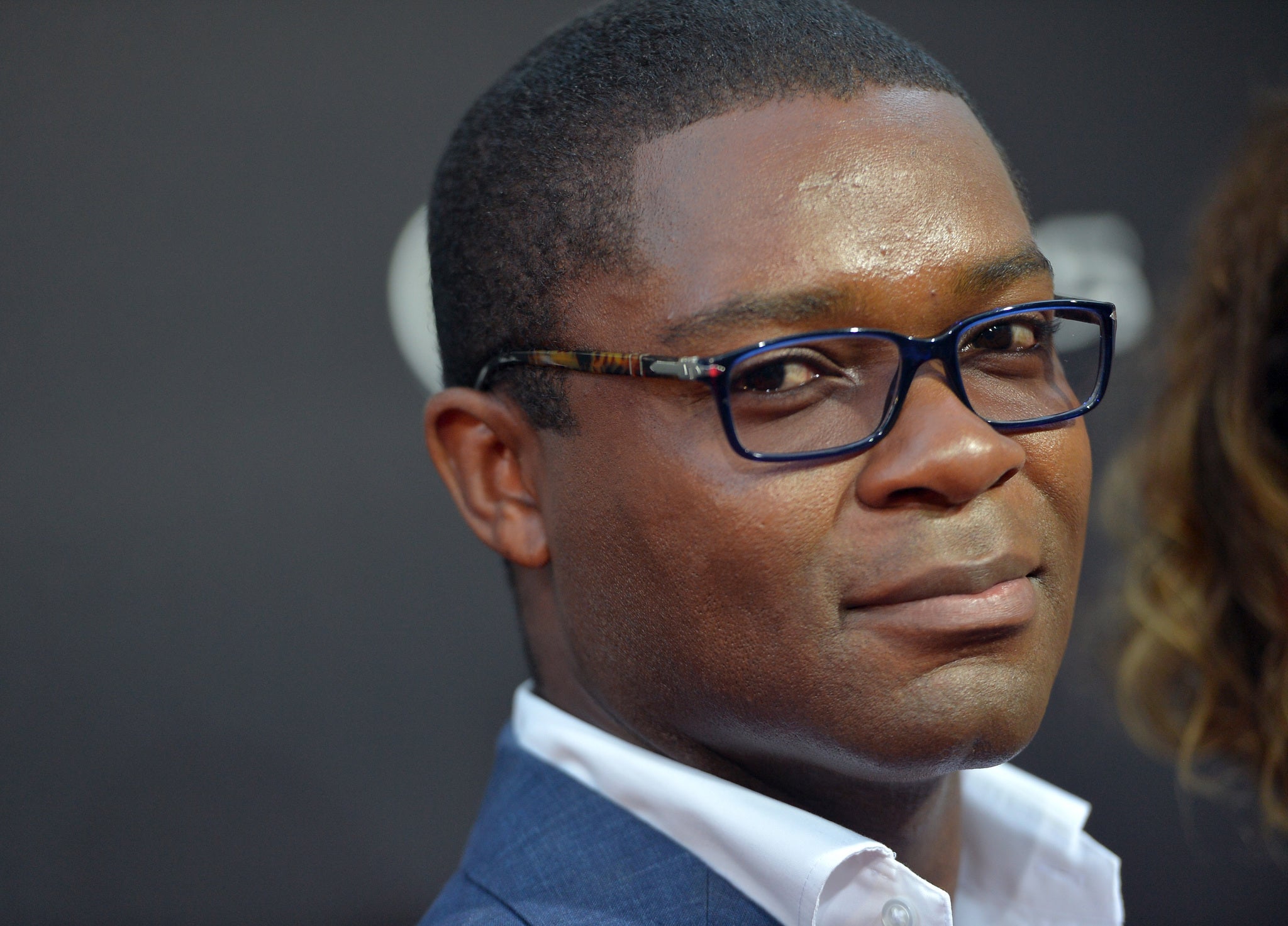Martin Luther King actor David Oyelowo says UK lags behind South Africa in representation of black actors
The Lamda-trained actor said he had to move to the US for decent and plentiful roles and that the UK has a "bizarre denial of [its] black history"

Your support helps us to tell the story
From reproductive rights to climate change to Big Tech, The Independent is on the ground when the story is developing. Whether it's investigating the financials of Elon Musk's pro-Trump PAC or producing our latest documentary, 'The A Word', which shines a light on the American women fighting for reproductive rights, we know how important it is to parse out the facts from the messaging.
At such a critical moment in US history, we need reporters on the ground. Your donation allows us to keep sending journalists to speak to both sides of the story.
The Independent is trusted by Americans across the entire political spectrum. And unlike many other quality news outlets, we choose not to lock Americans out of our reporting and analysis with paywalls. We believe quality journalism should be available to everyone, paid for by those who can afford it.
Your support makes all the difference.Former Spooks actor David Oyelowo has said that it’s a “shaming indictment” that the UK is worse than post-apartheid South Africa when it comes to the number of black actors in its creative industries.
Oxford-born Oyelowo, who left Britain several years ago to pursue a career in the US and who is playing Dr Martin Luther King in upcoming film Selma, condemned the lack of Black, Asian and Minority Ethnic (BAME) representation on screen and said that the UK has a “bizarre denial of our country’s black history.”
He told the Huffington Post: “That’s why I had to move out. I wasn’t represented on the screen.
“Without history, we don’t have any context for where we are today.
“Black history is undeniable in the US – they don’t get away with the whitewash. The proportions of black people in the country are roughly the same [as in the UK], but you’d never know it to look on screen. And it’s worse now than when I lived there.”
Despite his pertinent points, it must be noted that the US has, proportionately, a much higher representation of black people compared to most of Britain.
In the United States, 13.2 per cent of the population describe themselves as black or African American, with 2.4 per cent identifying as mixed raced. This is 3.3 per cent and 1 per cent respectively when applied to England and Wales, according to the Office for National Statistics (ONS).
However, it is still an issue that deserves attention and has led to industry heavyweights such as Lenny Henry calling for new legislation to stem the sharp decrease in BAME people working in television.
As the Guardian reported earlier this year, Henry said the situation had “deteriorated badly” with the numbers tumbling 30.9 per cent between 2006 and 2012.
A number of talented British thespians of ethnic minorities have sought – and achieved – success across the pond, including Luther actor Idris Elba, Homeland’s David Harewood and 12 Years A Slave’s Chiwetel Ejiofor.
Their departures even led Shadow Business Secretary Chuka Umunna to last year call for the end of “lazy stereotypes” that led to the exodus, criticising Britain’s portrayal of black people as only being able to succeed in sport, entertainment and music and “not necessarily in other fields”.
Award-winning Oyelowo, 38, added that the UK struggles to embrace black culture, even more so than South Africa “and that’s a country that suffered the worst kind of injustice under apartheid, but started to address it in the years afterwards.
“It’s a shaming indictment on us, that we’re in a worse position as regards our representation, and we don’t have that history of oppression.”
October is Black History Month in the UK.
Selma, which is released early next year, also stars Oprah Winfrey, Cuba Gooding Jr, and Tim Roth, and is based on the Selma to Montgomery march for voting rights in 1965.
Join our commenting forum
Join thought-provoking conversations, follow other Independent readers and see their replies
Comments